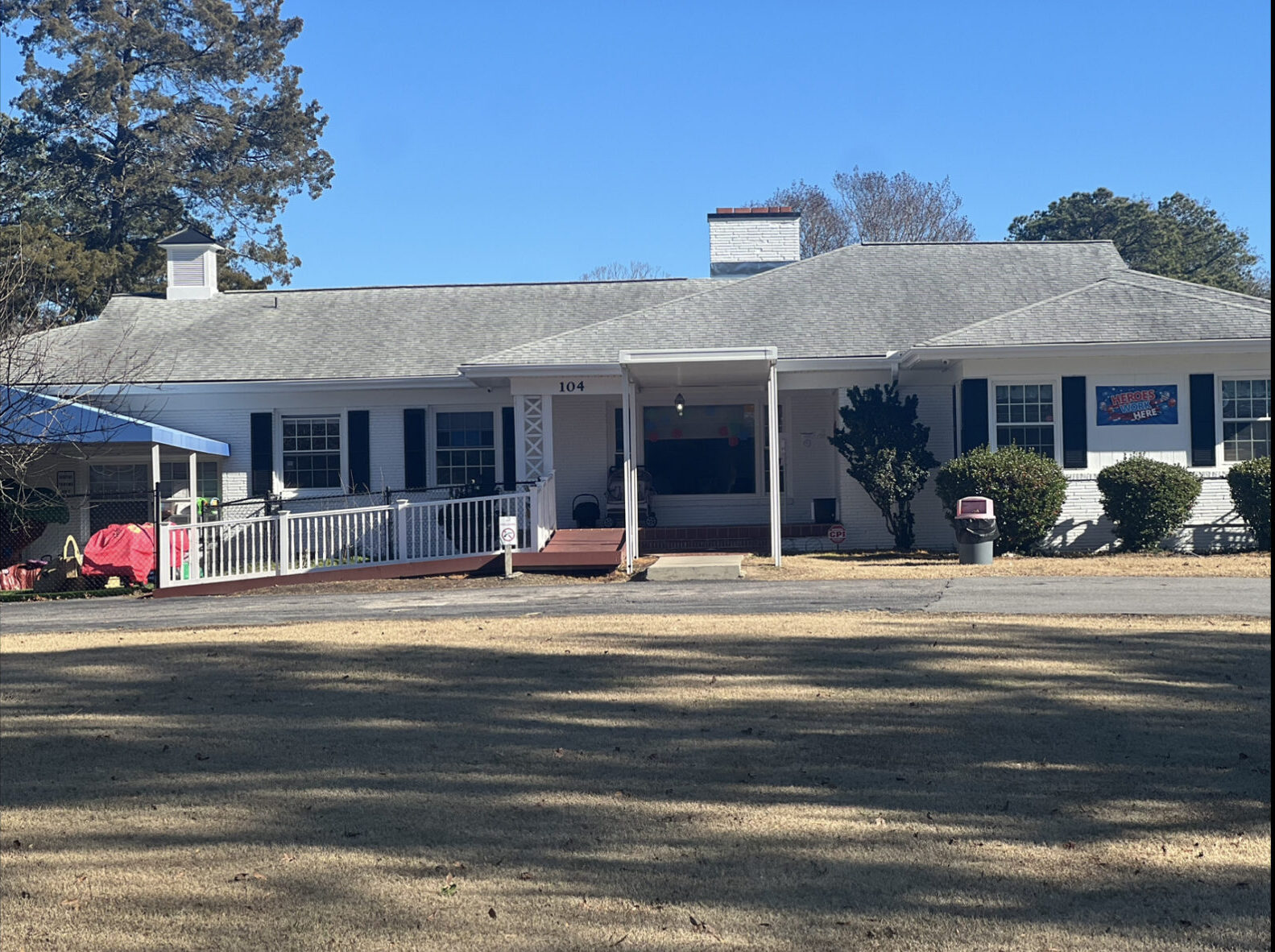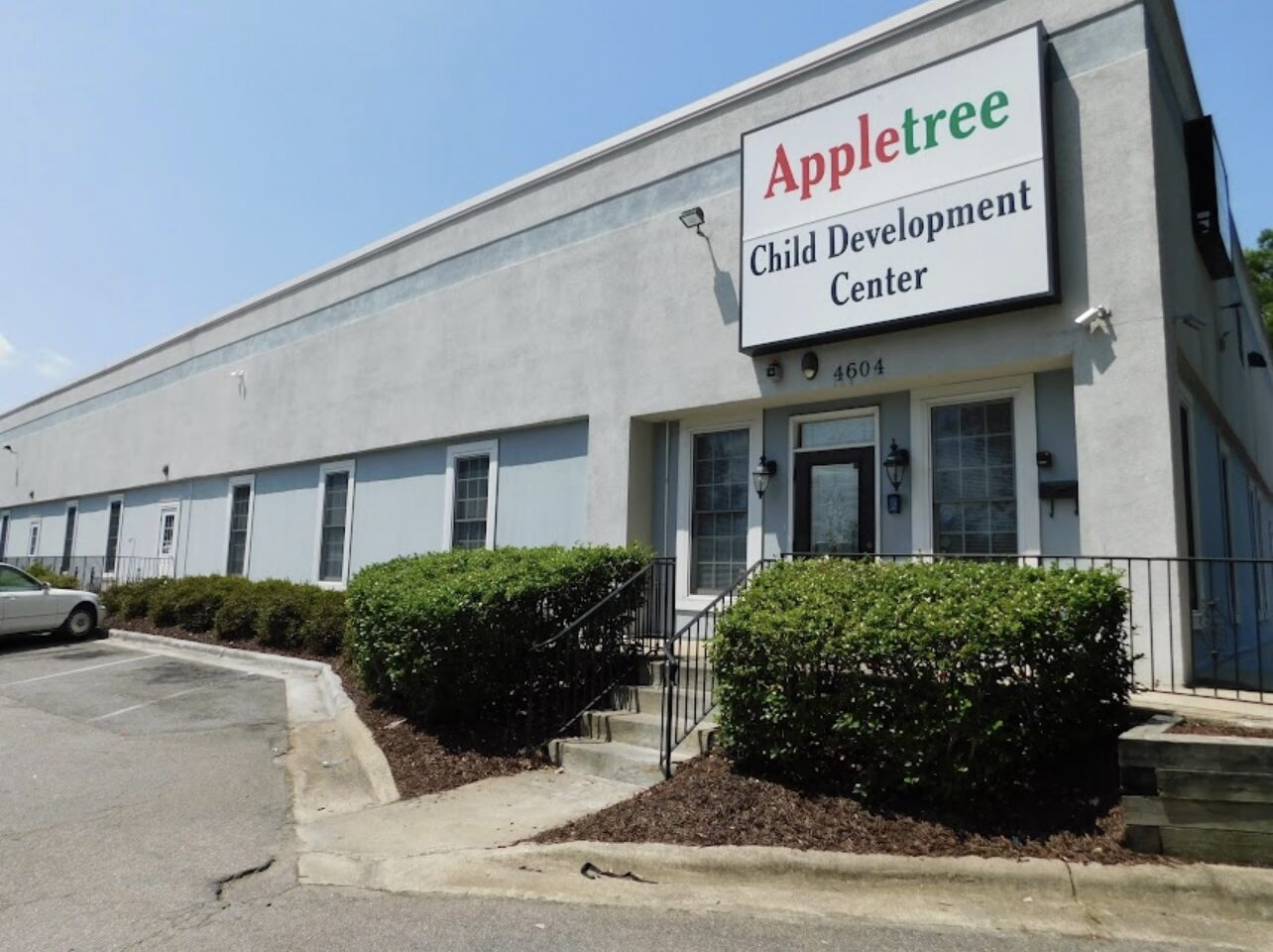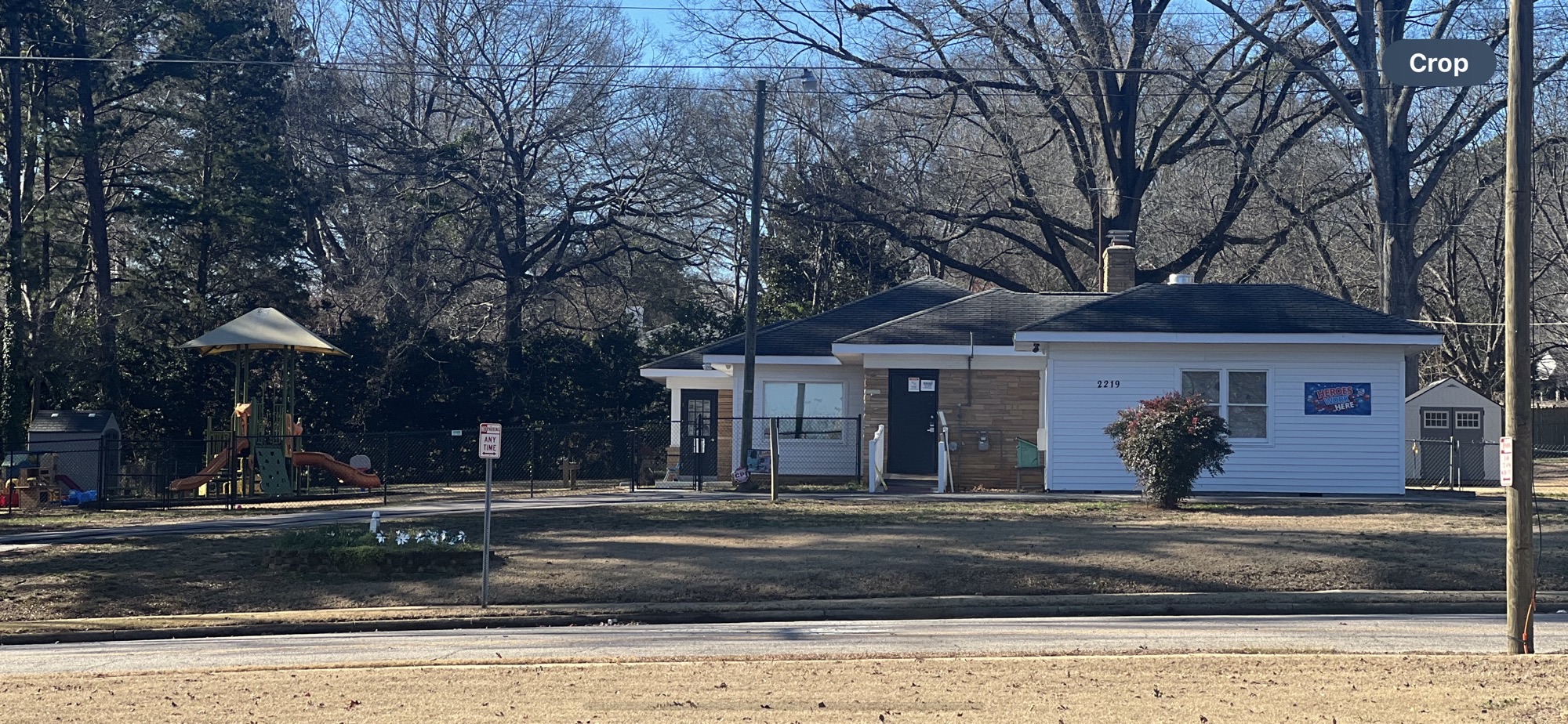
Ear Infection
Preventing and Treating Ear Infections [PDF – 2 pages] Is your child’s ear hurting? It could be an ear infection. Children are more likely than adults

Preventing and Treating Ear Infections [PDF – 2 pages] Is your child’s ear hurting? It could be an ear infection. Children are more likely than adults

Respiratory syncytial (sin-SISH-uhl) virus, or RSV, is a common respiratory virus that usually causes mild, cold-like symptoms. Most people recover in a week or two, but

Child abuse and neglect are serious public health problems that can have long-term impact on health, opportunity, and wellbeing. CDC works to understand the problems

Bicycle trips make up only 1% of all trips in the United States.1 However, bicyclists account for over 2% of people who die in a crash

Respiratory syncytial virus (RSV) is a common respiratory virus that usually causes mild, cold-like symptoms. However, it can be dangerous for babies, toddlers, and older

ADHD is one of the most common neurodevelopmental disorders of childhood. It is usually first diagnosed in childhood and often lasts into adulthood. Children with ADHD may

Symptoms and Care Español Print Symptoms People infected with RSV usually show symptoms within 4 to 6 days after getting infected. Symptoms of RSV infection

Adverse childhood experiences (ACEs) can have a tremendous impact on future violence victimization and perpetration, and lifelong health and opportunity. CDC works to understand ACEs

Hearing Screening Hearing screening is a test to tell if people might have hearing loss. Hearing screening is easy and not painful. In fact, babies

Vaccines help prevent pneumococcal disease, which is any type of illness caused by Streptococcus pneumoniae bacteria. There are two kinds of pneumococcal vaccines recommended in the United States:

Appletree Child Dev Ctr
4604 Poole Rd.
Raleigh, NC 27610


